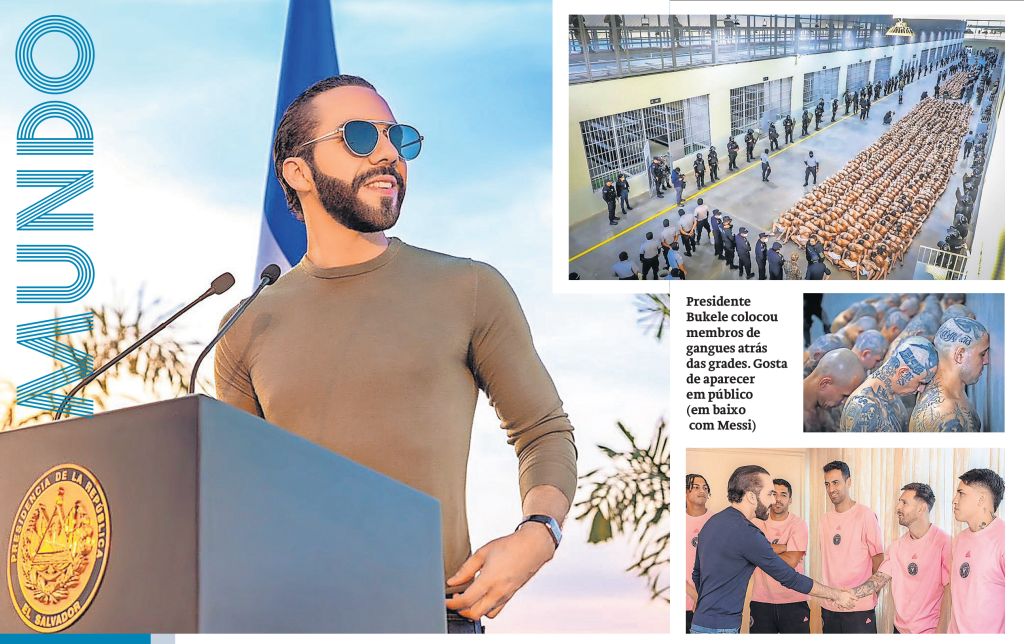ALBERTO BARCIELA
READING, THE PLEASURE OF LIVING

A small decision, not always easy, allows one to reach a world, a specific one, chosen among the multiple possibilities of a library. And in bound pages, stacked with a certain criterion, one thus discerns one’s own specific desires: thematic, stylistic, temporal. With its elementary decision one exercises a great fundamental freedom, one chooses to plunge into a landscape of joy, composed with letters, with words, in paragraphs more or less long, inspired, more or less baroque, from the apparent simplicity of a short story to the sophistication of a metaphysical essay.
One has to let oneself be carried away by one’s punctual appetite, in the cadence of a narration, of an adventure, of a story, of a drama, of a comedy or of a poem, and dance unfailingly to the rhythm that the composer, the author, determines. In the sinuous melody of a style, in the significant flow that leads him through the enigmatic routes of love, of history, of personal or warlike battles, guided by an evident reality, or insinuated, tortuous or created out of nothing. Here is reproduced part of the substantive miracle of memory, of analysis and even of inspiration and creation, which is given to us.
The culture made verb vaccinates against an inexplicable life but which we must turn into magic. We are what we learn, essentially in the initial stages of our becoming, but also what we learn from others and from the curious, inquiring attitude to which texts invite us in any of their multiple supports: books, newspapers, digital, in a wandering of cadenced slowness.
We are before an almost unlimited possibility, a response to a circumstantial moment, also to the imaginative predisposition: memory and forgetfulness are a great game of eternity. The being reads and forgets, reads again and then contemplates again, one returns to think what one believes to have forgotten, but there is always the aftertaste, the aroma. It is beautiful even the circle of swims, the rediscovery, the germination of oblivion, the threading of a story with a minimal evocation. The water returns to the river, which will never be the same. Memory restores the book that will never be the same. There is something parallel in all this, perhaps it is the universes, the multiverse, but in any case the reading experience will already be an essential part of our effective neuronal trace in the vital, enriched walk.
More than a third of Spaniards never read, according to data from the 2023 Barometer of Reading Habits and Book Purchases in Spain, which has just been presented at the National Library. According to this analysis, reading for pleasure has increased by five points, although the number of people who spend their free time reading has decreased slightly. It’s all the result of poor secondary education, they say.
From childhood, one has to educate oneself to nest in books, to participate in Alice and the Little Prince, to dive with Jules Verne, to find treasures in the form of words, to adventure with The Five or Tintin. Habit makes the adult who can be accompanied by Don Quixote or Sancho, who will know how to reflect with Gracián or levitate with Santa Teresa. The library of names is like a Borgesian Aleph and almost everything is foreseen.
Reading and understanding is something; reading and feeling is a lot; reading and thinking is all that can be desired to enjoy more and better a full life, it is enough to open a book and let yourself go.
—-
Alberto Barciela, Spanish journalist, is vice-president of EditoRed.
This text is free to use. If you use it, please cite EditoRed.



